April 21, 2025 | 10:49 GMT +7
April 21, 2025 | 10:49 GMT +7
Hotline: 0913.378.918
April 21, 2025 | 10:49 GMT +7
Hotline: 0913.378.918
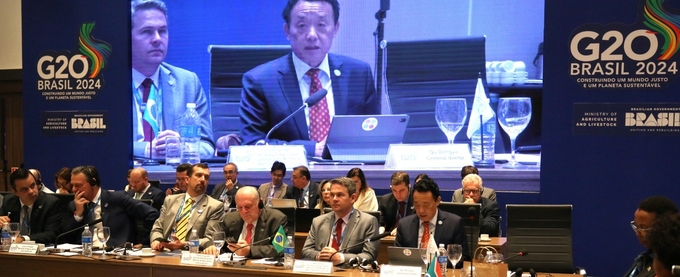
FAO Director-General QU Dongyu intervenes during the G20 Agriculture Ministers’ Meeting- Session on Priorities III and IV: Family Farming, Fisheries and Aquaculture.
The Food and Agriculture Organization of the United Nations (FAO) welcomed the inclusion of fisheries and aquaculture and family farming in this year’s G20 priorities, emphasizing their essential role in global nutrition and livelihoods.
Speaking at the G20 Agriculture Ministers’ Meeting in Mato Grosso, Brazil, FAO Director-General QU Dongyu stressed the need for sustainable growth in the fisheries and aquaculture sectors to meet rising global food demand and address nutritional deficiencies, particularly in developing countries.
“The FAO Blue Transformation strategy aims to ensure aquatic food systems continue feeding the world’s growing population,” he said.
The G20 Agriculture Working Group Ministerial Declaration, agreed upon this week, officially recognized FAO’s Blue Transformation Roadmap 2022-2030 as a key framework for achieving long-term sustainability in the fisheries and aquaculture sectors. The declaration also highlighted important FAO instruments, such as the Guidelines for Sustainable Aquaculture, the Guidelines for Sustainable Small-Scale Fisheries, and the Agreement on Port State Measures.
Aquatic foods currently provide more than 3.3 billion people with at least 20 percent of their average per capita animal protein intake, along with critical bioavailable micronutrients. Aquaculture is also the world’s fastest-growing food production sector. Aquatic foods support around 600 million livelihoods, and the total first stale value of the sector was a record $472 billion in 2022.
Qu explained that FAO’s Blue Transformation Roadmap aims to keep aquatic food systems sustainable, resilient, and inclusive, addressing issues like overfishing and environmental degradation.
The Roadmap recommends a holistic approach to aquatic food systems, advocating for sustainable aquaculture intensification, enhanced fisheries management, reduced food loss and waste, climate change adaptation and mitigation strategies, and stronger governance and investment in the sector. This vision seeks to ensure nutritious aquatic food for all while protecting aquatic ecosystems and supporting those whose livelihoods depend on them.
The FAO Director-General also emphasized the importance of adhering to international norms to maximize the contributions of aquatic food systems. He noted that 79 parties, representing 105 FAO members, have committed to the Agreement on Port State Measures, a critical tool in the fight against Illegal, Unregulated, and Unreported (IUU) fishing. He thanked ministers for collaborating with FAO to increase global capacity for implementing the agreement and encouraged further G20 cooperation to combat IUU fishing.
"FAO looks forward to working with G20 members in a Blue Transformation and in the lead-up to the 2025 UN Oceans Conference," he added.
Family farming: key to global food security
Addressing another priority on the G20 agenda, Qu underscored the crucial role of family farming in achieving global food security.
Family farms make up over 90 percent of farms worldwide, are the backbone of agrifood systems and play a vital role in rural development, poverty reduction, and sustainable food production.
The Director-General applauded the G20’s recognition of family farmers' importance and reaffirmed FAO’s commitment to supporting them through policy development, innovation, and capacity building.
He also highlighted the FAO-led UN Decade of Family Farming (2019-2028), a collaborative initiative aimed at strengthening family farms through targeted policies and investments, in alignment with the Sustainable Development Goals.
Qu underscored that FAO supports governments in assessing their country’s legislative and policy frameworks and programmes on family farming. Similarly, the Organization works closely with local organizations and institutions to assess the needs of family farmers in specific regions and countries, involving all relevant partners in multilateral processes.
“FAO welcomes a future dedicated session on Family Farming alongside the regular G20 Agriculture Working Group meetings, as an important step forward”, he said, praising the Brazilian Presidency for advancing the issue.
Qu further emphasized the importance of collaborative global efforts, such as the G20 Global Alliance Against Hunger and Poverty established earlier this year, in working towards a food-secure future for all.
(FAO)
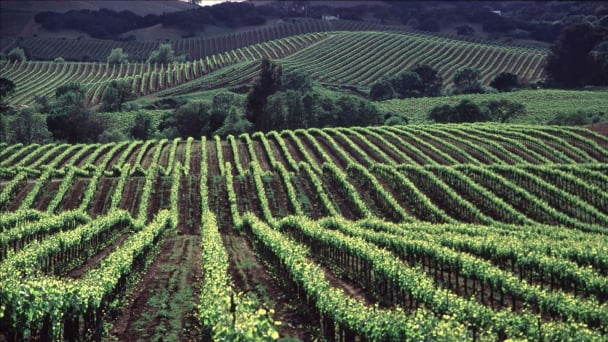
(VAN) California's $59 billion agriculture industry faces serious disruption as the U.S. clashes with China - one of the state's major export markets.
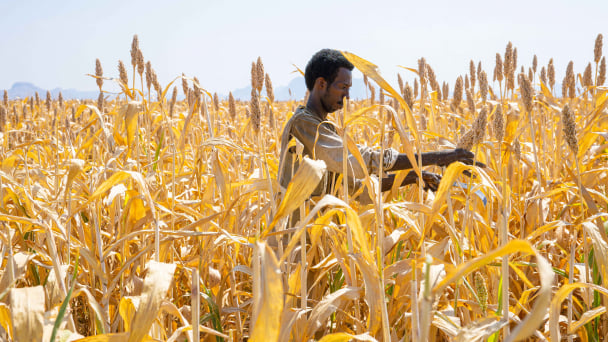
(VAN) Five things you should know about Sudan's food security crisis.
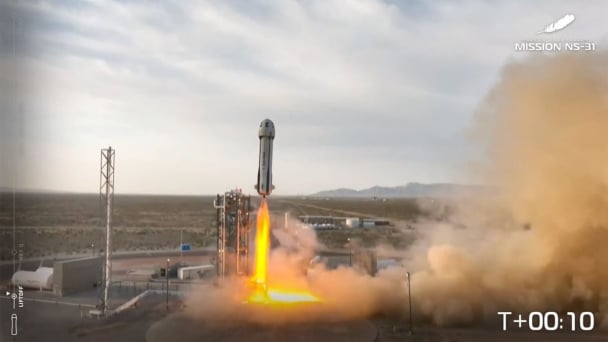
(VAN) 169 lotus seeds selected by the Vietnam Academy of Agricultural Sciences were carried into space by Vietnamese-American astronaut Amanda Nguyen.
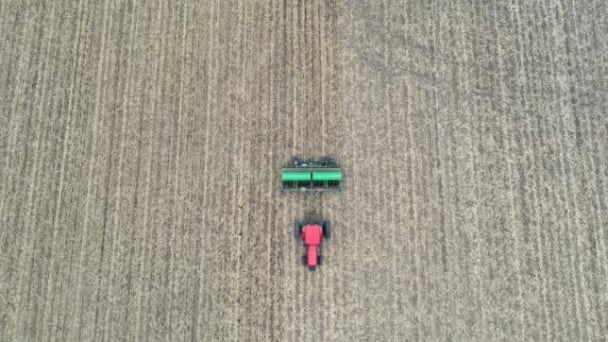
(VAN) Tariffs are making life more expensive for John Pihl. He's been farming in Northern Illinois for more than 50 years.
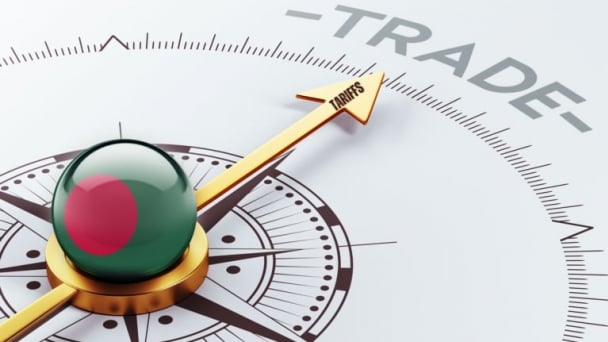
(VAN) European and American farmer organisations are concerned about the import tariffs that the United States introduced on 9 April for products from the European Union. This makes them 20% more expensive.

(VAN) Global poultry trade is expected to remain strong amid relatively tight global protein supply and growing consumption, RaboResearch concludes in its latest animal protein report.
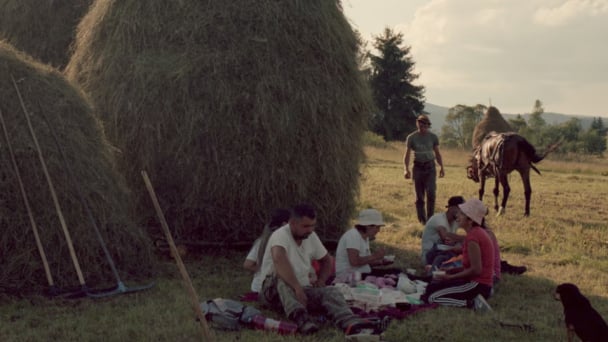
(VAN) Traditional methods benefit hundreds of species but as new agricultural techniques take over, the distinctive haystacks mark a vanishing way of life.